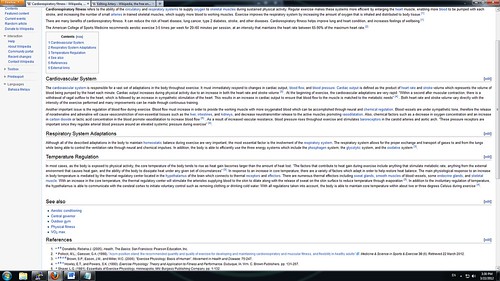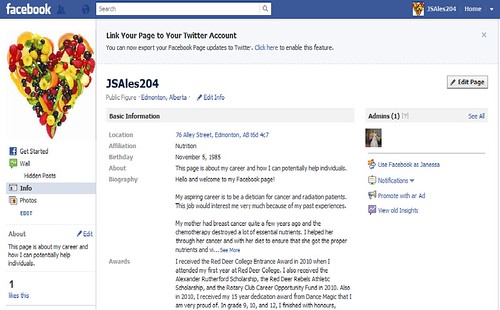Before ALES 204 I was quite skeptical of
social media and thought it was simply for individuals to brag or complain
online. Facebook, Twitter and YouTube were the only social media sites
that I was aware of prior to this course. Although I had a Facebook account I was rarely on it, and
I refused to join Twitter! YouTube was a site that I went on occasionally in
order to watch funny videos or listen to music.
 |
Social Media Blogs. From “Online Marketing Stuff,” 2012, http://onlinemarketingstuff.com/best-social-media-blogs |
Now that I have nearly completed the ALES 204 course, I am so much more aware
of what social media was really created for. Even though I was against Twitter
before the course, we had to make an account and Tweet every class about what
we learned. Although you can use Twitter
for personal comments, this website can also be used in order to find potential
employers, get information from people that interest you (for example I am
following a dietitian that gives wonderful health advice that is extremely
beneficial) and communicate with individuals worldwide. I also learned about
new social media sites such as Flickr, LinkedIn, and Blogger. Flickr is a site that you can download your
own pictures and personally copyright them.
It was very useful to learn about the various copyright laws in lecture
and then put them into practice by uploading photos onto Flickr and picking the
copyright laws that is best suited for the photo and the owner. LinkedIn is a fantastic website where you can
upload your resume and create cover letters as well as find jobs. However, LinkedIn is not only for jobs, it’s
also an information site where you can find individuals and message them. Blogger is a blogging site where individuals
can create an account and blog about anything.
The site is set up very well, is very easy to use and also looks very
professional. We also worked on
Facebook, creating Facebook Pages that can help find potential employers as
these Pages act like an online business card.
Overall ALES 204 was a very informative course and I will
not stop using the social media sites that we were introduced to during the class. The class not only covered social media but
related topics such as giving presentations, the proper format of CV’s,
podcasting and futurecasting. A huge thanks to Dr. Jessica Laccetti, my wonderful TA MC, and all of the other TA's that presented during the lectures, for making ALES 204 a great class.
My 5
comments:
Until next time,
Janessa is out.





